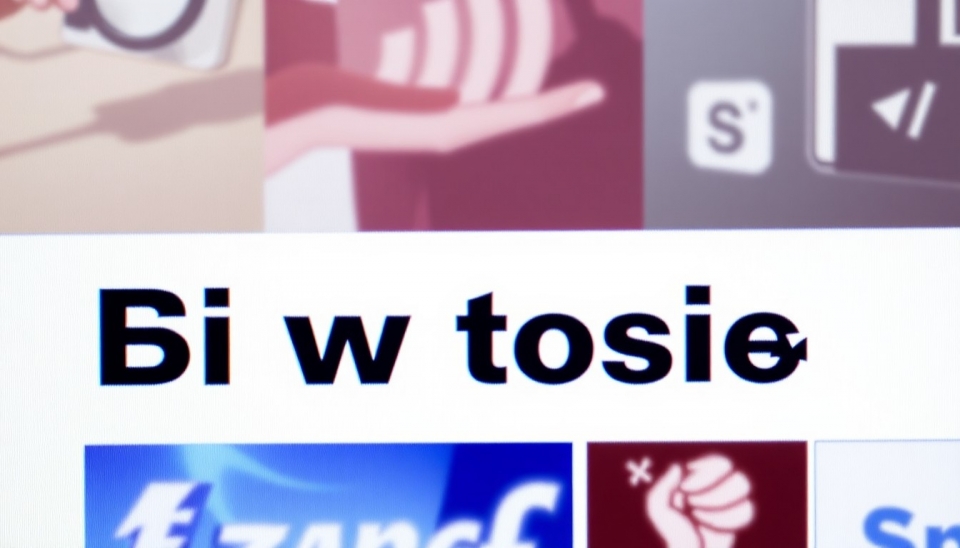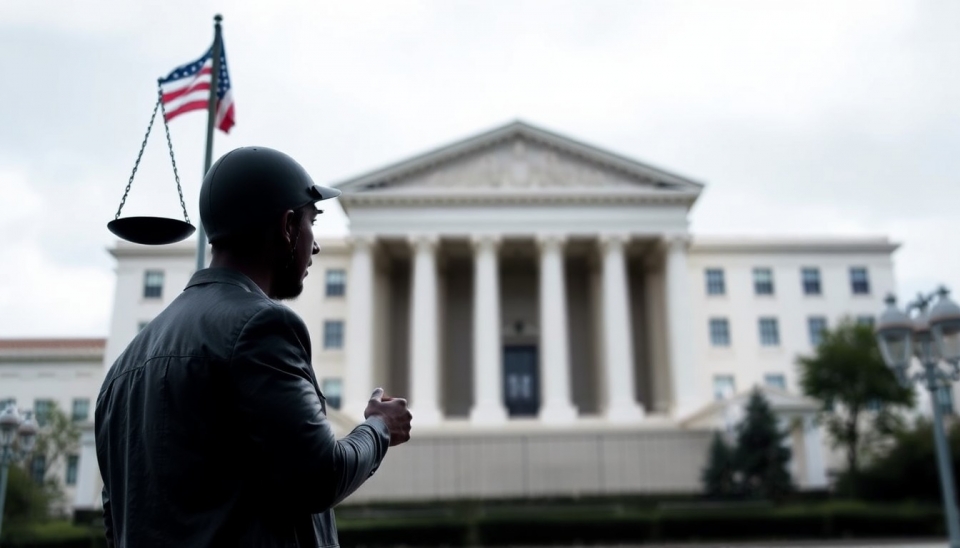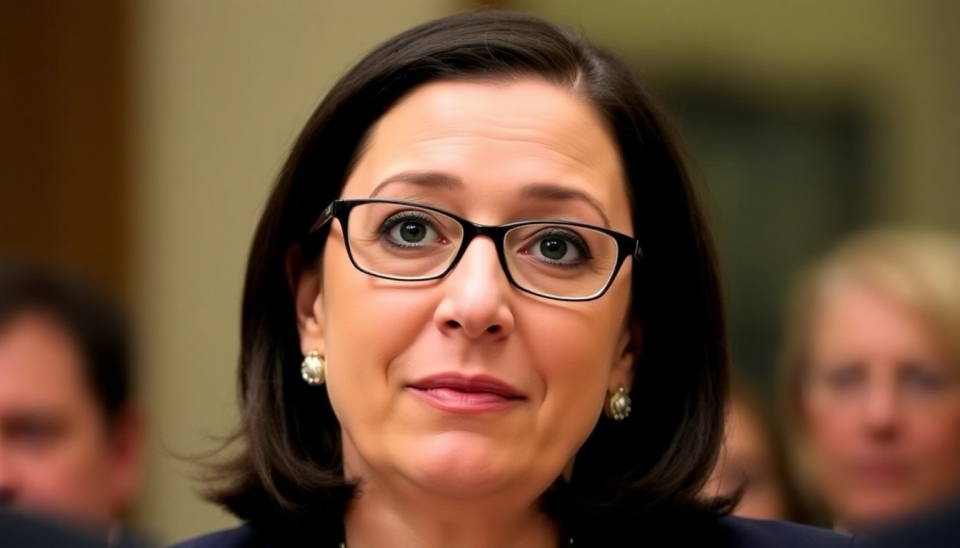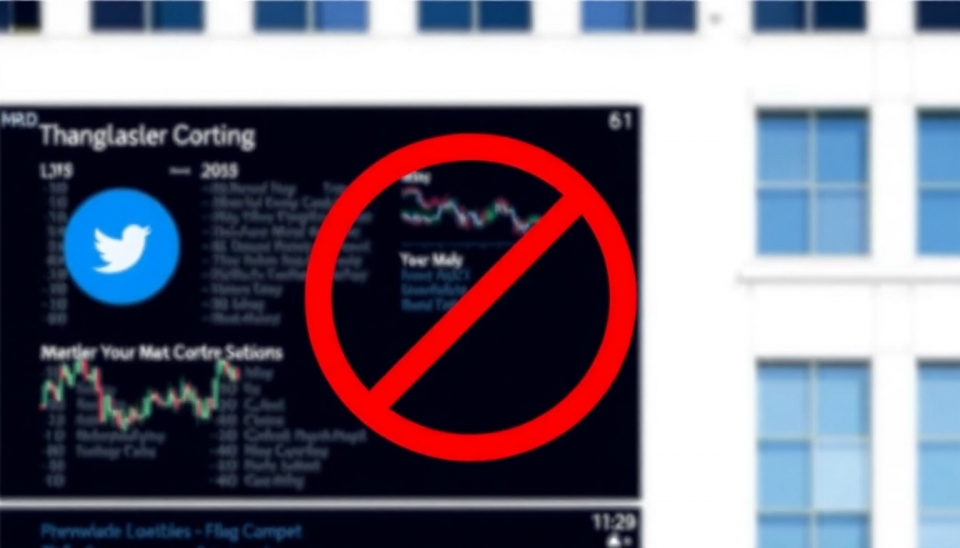
In a decisive move that has caught the attention of tech enthusiasts and political analysts alike, President Trump's appointed chief of the Federal Trade Commission (FTC) has raised concerns over the growing censorship practices employed by major technology companies. This announcement has sparked fierce debates over free speech versus regulation in the digital landscape.
In recent months, social media platforms and other digital giants have been scrutinized for their algorithms and moderation policies, which many argue suppress certain viewpoints while promoting others. The FTC chief, whose identity remains pivotal in the narrative, emphasizes the need for a closer examination of these practices to ensure that the rights of users are protected.
During a recent press conference, the FTC chief outlined a potential framework for addressing what he describes as “arbitrary censorship.” He argued that while private companies have the right to set their own content policies, these policies should also be transparent and accountable to ensure fair treatment across the board. The call for transparency is especially important as it relates to the power these companies hold in shaping public discourse.
As part of the initiative, the FTC may begin to explore regulatory measures to assess how user content is moderated and how decisions are made about who gets banned or restricted. This comes in response to public outcry regarding incidents where users felt unfairly treated or silenced on platforms like Twitter and Facebook.
The implications of this move by the FTC are significant, especially in the context of the upcoming 2024 elections where digital campaigning will play a crucial role. Political analysts suggest that tighter regulations might impact how political discourse unfolds online, especially for candidates with unconventional platforms who often find themselves at odds with the mainstream media narrative.
Critics of the FTC's potential intervention argue that increased regulation could stifle innovation and lead to inefficiencies within these tech firms. They advocate for a more hands-off approach, suggesting that user preferences and market competition should dictate content moderation strategies rather than government oversight. This contention speaks volumes about the ongoing tug-of-war between ensuring free speech and maintaining a civil online environment.
Meanwhile, advocates for user rights and free speech have welcomed the FTC chief’s stance as a potential step toward greater fairness in how online platforms handle content. These advocates assert that the balance must be struck between preventing harmful content and allowing diverse opinions to flourish, emphasizing that a democratic society should not prioritize one perspective over another.
This ongoing dialogue between technology, government regulation, and individual rights is likely to shape the landscape of digital communication for the foreseeable future. As stakeholders from all sides engage in discussions on the implications of censorship, the outcomes could set significant precedents for how users interact with social media platforms going forward.
As the conversations evolve, the establishment of a consistent regulatory framework from the FTC could either fortify the foundation of user rights in the digital space or complicate the content moderation landscape further, raising many unanswered questions about the future of free speech in the age of technology.
With all eyes on the unfolding situation, it's clear that this issue will remain at the forefront of public discourse, garnering both support and opposition as the nation grapples with what it means to be open and fair online.
In summary, the stance taken by Trump's FTC chief regarding big tech censorship has reopened essential questions about user rights, accountability, and the role of regulation in the digital age. The unfolding story will certainly warrant close attention in the months to come.
#BigTech #Censorship #FreeSpeech #FTC #DigitalRights #SocialMediaRegulation #TrumpAdministration
Author: Emily Collins




